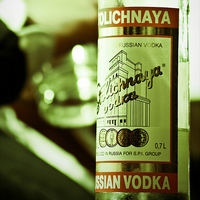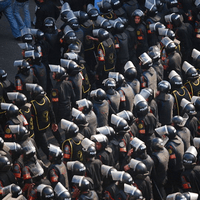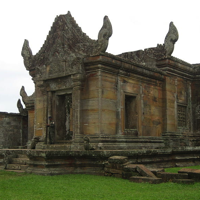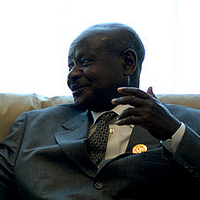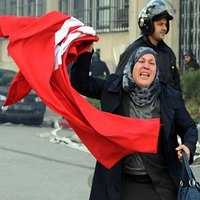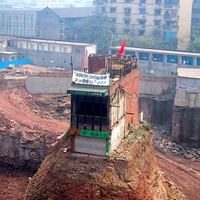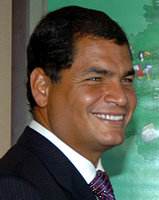
Editor’s note: This is the second of a two-part series examining Ecuador under President Rafael Correa. Part I examined Correa’s domestic policy. Part II examines his foreign policy. Ecuadorean President Rafael Correa’s radical “Citizen’s Revolution” has surprisingly translated into a foreign policy marked by pragmatism. Some of his moves — such as embracing China, Russia and Iran — have raised eyebrows, while others, such as the forced restructuring of Ecuador’s foreign debt, have prompted some foreign investors to question the wisdom of making long-term investments in the country. But his administration has also restored full diplomatic and commercial ties with […]


